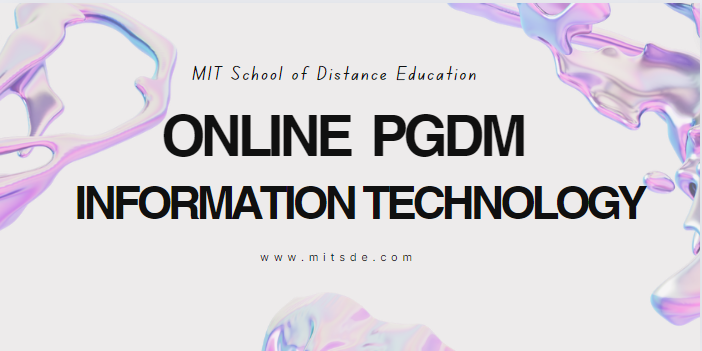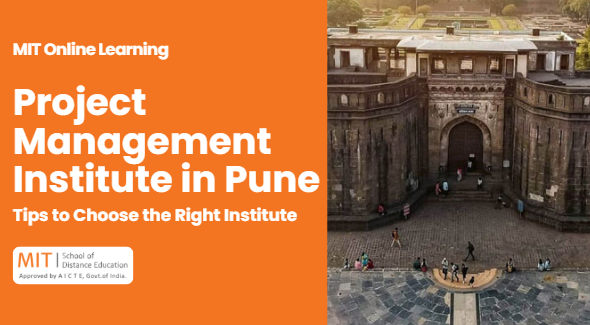Employee relations (ER) is a critical human resource management (HRM) function. It focuses on building and maintaining positive relationships between employers and employees. Strong employee relations can lead to several benefits for organisations, including increased employee engagement, productivity, and retention.
What is employee relations?
Employee relations is the art of building and maintaining positive relationships between employers and their workforce. A positive work culture can help the human resources (HR) department to solve employee disputes and grievances. When you inform the employees about organisational changes or involve them in strategic planning. It keeps them motivated and feel included.
Significance of Employee Relations –
- Employee Engagement: Employee relations can help to promote employee engagement and morale. You can boost employee morale through employee recognition programs, social events, and opportunities for professional development.
- Conflict Resolution: Effective employee relations help in resolving conflicts promptly and fairly. Unsolved disputes can bring down the morale and productivity of the employees. A proactive approach to conflict resolution is critical.
- Retention: Employees stay longer in organisations where they feel heard and valued. High turnover is often a sign of poor employee relations. In a tight labour market, retaining skilled employees is crucial.
- Productivity: Employee productivity improves when they feel valued and important. It motivates them to work harder and give their best performance. A motivated workforce leads to higher productivity.
- Organisational Culture: Employee relations shape the culture of an organisation. A respect, trust, and fairness culture attracts top talent and promotes a positive brand image.
Approaches to building good relationships with employees –
- Support the existing talent – Encouraging your team to develop innovative solutions for current or new challenges induces creativity. Rewarding the team members for their innovative solutions motivates them to contribute frequently.
- Open door policy – Encouraging employees to voice their concerns without fear of retribution is a cornerstone of modern employee relations. The open-door approach creates an atmosphere of trust and transparency, essential for building strong relationships.
- Choose the right talent – Select employees who respect the company’s culture.
- Do not put innovation in silos – Encourage and support any creative idea set forth by any organisation member. Show appreciation for their work and motivate them to continue performing at a high level.
- Flexible Work Arrangements – After the pandemic, remote work has gained popularity. It has proved to be a convenient work mode for employees. These flexible work arrangements promote better work-life balance and employee satisfaction.
- Diversity and Inclusion Initiatives – In a diverse workplace, inclusivity is paramount. HRM practices now focus on fostering a diverse, inclusive, and equitable work environment that recognises and appreciates differences.
- Create the mindset – Create a creative culture that inspires employees to contribute novel. – Employees should be able to learn new skills and grow their careers. It shows that the organisation is invested in their success. Encourage employees to pursue an upskilling course or training program.
Employee relations are the cornerstone of any thriving organisation. In a world where employees drive innovation and success, nurturing these relationships is essential.
Modern HR management practices emphasise proactive communication, flexibility, and inclusivity. The future holds exciting possibilities, from AI-driven insights to remote work solutions and a deeper focus on employee well-being. Investing in positive employee relations is an investment in a happier, more productive workplace for all of us.
Thus, understanding the ‘human’ is vital to becoming a humane leader. Learn the top tips to foster positive employee relations in human resource management. It will help in the long-term success of the organisation.
About MITSDE
MIT School of Distance Education (MITSDE) is a distance learning institute approved by AICTE. It offers advanced courses designed by industry experts to address the problems of the modern workplace.
MITSDE offers a Post Graduate Diploma in Human Resource Management (PGDM HR), which is a 21-month course. The top PGDM in Human Resource Management course imparts the skills required to thrive in the corporate world.
MITSDE focuses on the all-round development of the learners. The course covers key concepts like –
- Strategic HRM
- Learning and Development
- Compensation Management
- HR Audit
- HR Analytics
- Performance Management
- Global HR Trends & the Best Practices
- Latest trend in E-HRM
A Post Graduate Diploma in Management can boost your career in HR.



